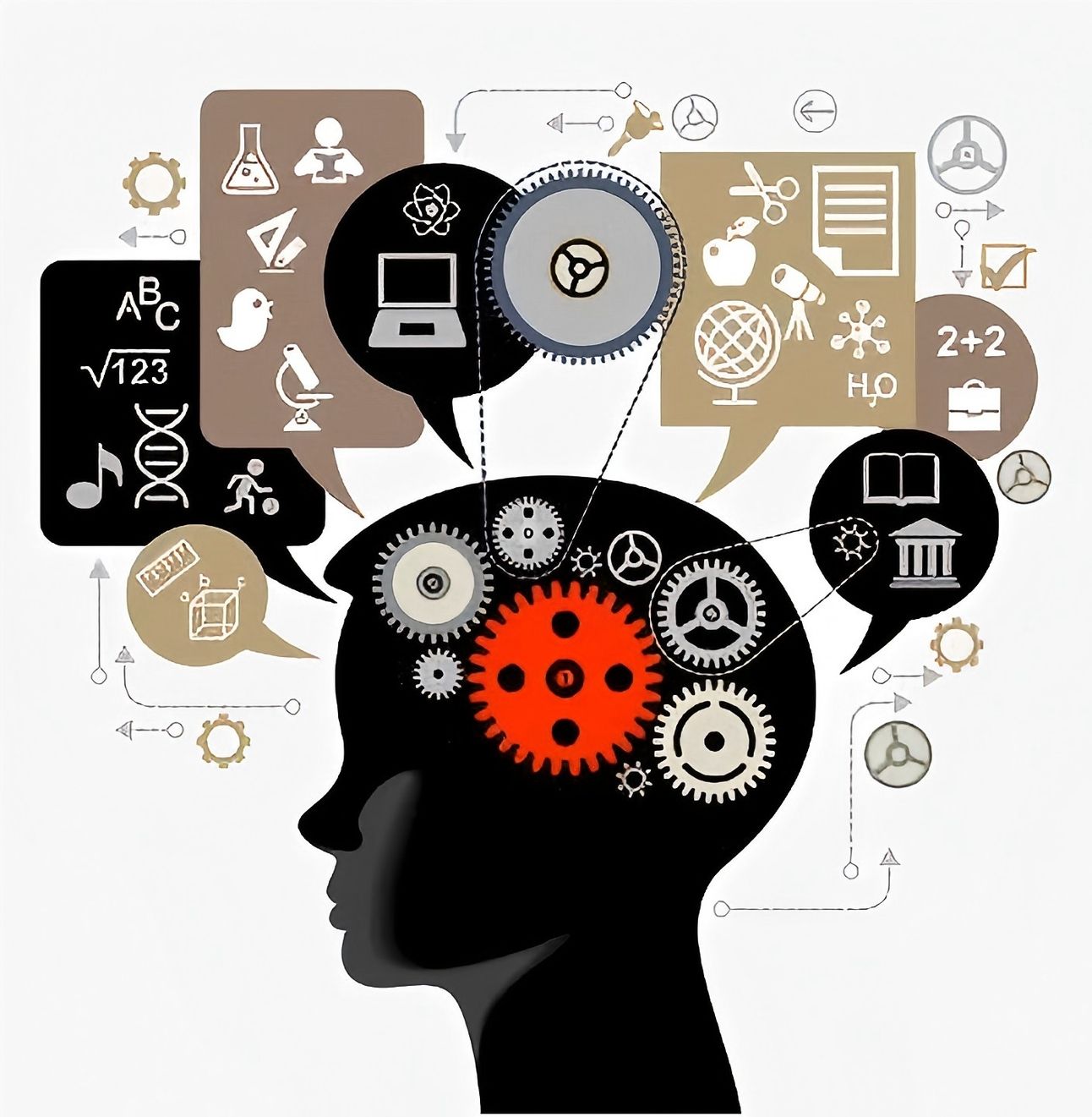- LuxAI Insights
- Posts
- Don’t Rush to Make AI Your Creative Guru: 5 Hidden Risks of Brainstorming With Machines
Don’t Rush to Make AI Your Creative Guru: 5 Hidden Risks of Brainstorming With Machines
AI Brainstorming: A Revolution of Inspiration or a Breeding Ground for Mediocrity?

If you’re tempted to outsource your next big idea to ChatGPT or another AI model, you’re not alone. Millions are flocking to artificial intelligence to “supercharge” their creativity.
But before you hand over the keys to your imagination, it’s worth pausing. Because behind the hype lies a darker truth: AI-fueled brainstorming carries hidden costs you might not notice—until it’s too late.
Here are five unsettling risks you need to know before you let algorithms shape your thinking:
1. The Illusion of Originality
AI outputs feel fresh. They feel clever. But much of what you’re reading is a remix of patterns, scraped from oceans of public data.
When you rely on AI to “inspire” you, you risk falling into a comfortable trap—believing you’re being original when you’re merely recycling. Over time, this illusion dulls your creative instincts, until you can’t tell which ideas were truly yours.
The scariest part?
You might never notice it happening.
2. The Erosion of Creative Confidence
Every time you ask AI to generate options—titles, taglines, angles—you reinforce the idea that your own ideas aren’t good enough without machine validation.
This dependence breeds insecurity. You start to second-guess your gut. You feel the need to “check with AI” before moving forward.
Soon, the inner voice that once guided your creative process is replaced by an algorithm whispering in your ear.
3. Homogenization of Thought
AI models are trained on the same data sets, the same language patterns, the same cultural references.
As more people rely on AI brainstorming, something disturbing happens: ideas begin to sound eerily similar.
What we call “creativity” becomes just another echo chamber—predictable, safe, and forgettable.
4. Ethical and Legal Minefields
When AI helps you develop content, who really owns the output?
More importantly, are you inadvertently plagiarizing work you don’t even know exists?
If your ideas originate from a black-box model, you could find yourself entangled in copyright disputes—or worse, accused of theft you never intended.
5. The Atrophy of Human Imagination
The most chilling risk isn’t about legality or originality. It’s about something more existential: what happens to your imagination when you stop exercising it?
If AI is always your first resort, you’re outsourcing the messy, uncertain work of thinking. The more you do this, the harder it becomes to access your own creative spark.
Over time, that spark can fade altogether.
The Bottom Line
AI is an extraordinary tool. But it was never meant to be your creative conscience.
If you’re not careful, the convenience of machine brainstorming can steal something priceless: your belief in your own capacity to create.
Before you let AI become your default collaborator, ask yourself:
Am I using this tool to enhance my ideas—or to avoid the vulnerable, human work of making them in the first place?
If this resonated with you, consider subscribing for more reflections on the intersection of technology, creativity, and the future of human potential.
Learn AI in 5 minutes a day
This is the easiest way for a busy person wanting to learn AI in as little time as possible:
Sign up for The Rundown AI newsletter
They send you 5-minute email updates on the latest AI news and how to use it
You learn how to become 2x more productive by leveraging AI

